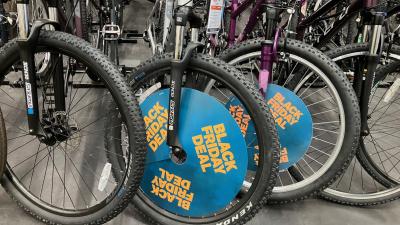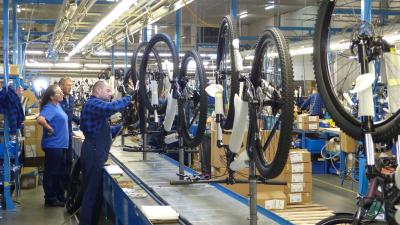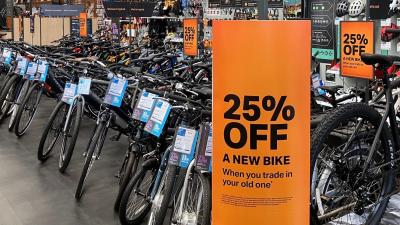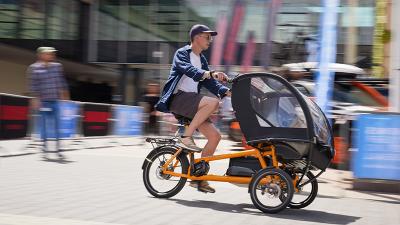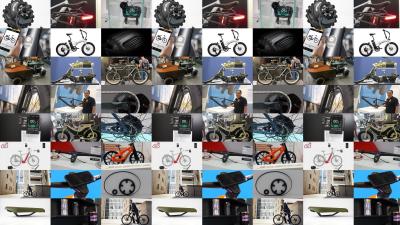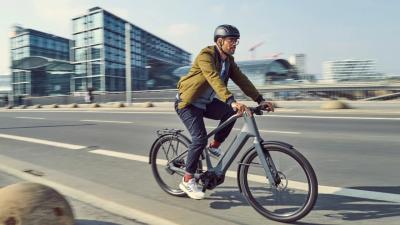All pages
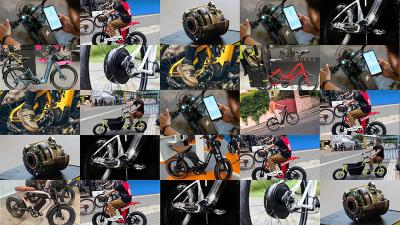
1
Integration and digitisation transforming product development
Cover and contents
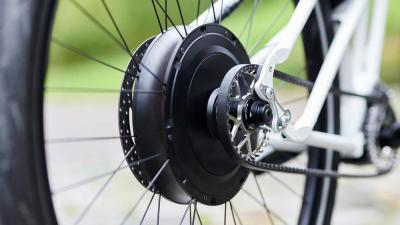
2
Integration at core of drive system development
In a competitive market, drive system manufacturers have various strategies. From optimal riding experience to integrated technologies

3
Taipei cycle show
March 6 - 9 2024

4
Safety and security pushing connectivity solutions
A new generation of smart mobility devices
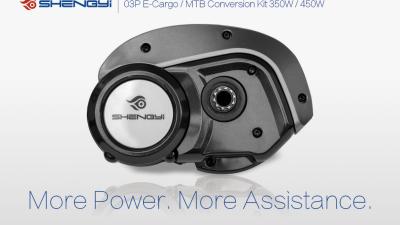
5
Suzhou Shengyi
03P E-Cargo / MTB Conversion Kit 350W / 450W

6
Design trends in longtails, cargo, compact and fat bikes
Dutch dicycle designer Peter van der Veer pointed out the latest trends in design and forms in these categories.

7
Lishui
Sales Manager Sales Vacancy
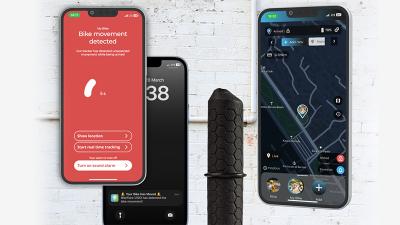
8
Digital anti-theft devices improve e-bike usability
Growing demand, a rising average sales price and increasing theft of e-bikes has boosted the digital anti-theft equipment market.

9
Group subscription
All editions
Search
Search, through all Editions

